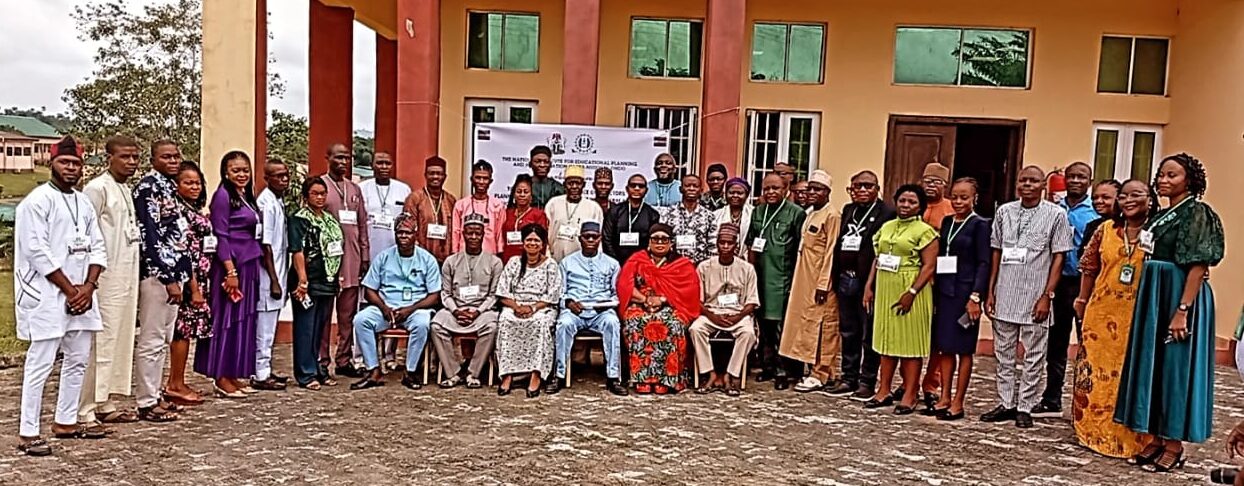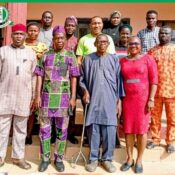NIEPA DPRS Conference Proffers Way Out on Out-of-School Children Menace in Nigeria
In a bid to tackle the scourge of out-of-school children in Nigeria, the National Institute for Educational Planning and Administration (NIEPA) Ondo, a parastatal of the Federal Ministry of Education (FME) hosted a pivotal Directors, Planning, Research, and Statistics (DPRS) conference at its corporate headquarters in Ondo State. The three-day conference, themed “Planning, Institutional Capacity and Policy Direction as a Panacea for Mitigating Out-of-School Children Education in Nigeria,” brought together Directors, Deputy Directors, Assistant Directors from various MDAs and top education stakeholders from various organizations across the country’s six geopolitical zones.

At the opening ceremony which was held on Wednesday 16th July, 2025, NIEPA’s Acting Director-General Dr. David Shofoyeke led attendees in a poignant one-minute silence in honor of late former President Mohammadu Buhari, who passed away on July 13, 2025. Dr. Shofoyeke described the late former President as “a stalwart leader whose contributions to Nigeria’s development will forever be remembered and appreciated.” In his welcome address, Dr. Shofoyeke highlighted the conference’s importance in shaping Nigeria’s education system. He emphasized the need for strategic planning, data-driven decisions and strengthening institutional capacity through ongoing training for education planners and managers. The Acting Director General expressed optimism that the conference would produce actionable recommendations for improving education delivery in Nigeria that align with the SDGs and National Education Priorities
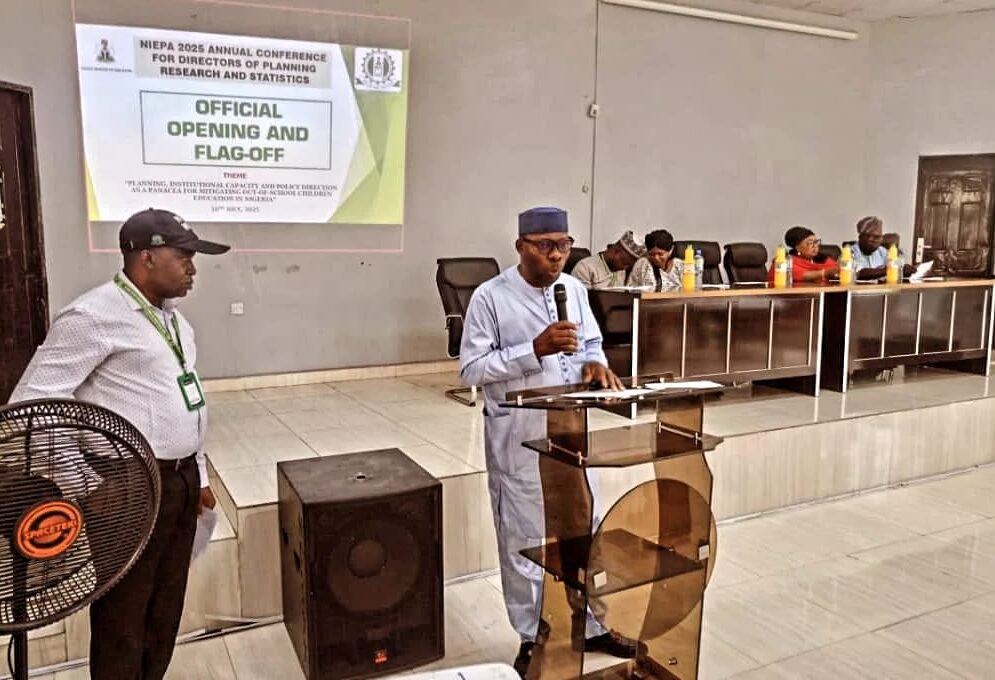
Delivering the keynote address, Mrs. Obianuju Anigbogu, Director of Education Planning, Research, and Development at the Federal Ministry of Education, sounded the alarm on Nigeria’s out-of-school children crisis. With over 10 million children out of school, the highest in sub-Saharan Africa, Mrs. Anigbogu emphasized the need for strategic planning, institutional capacity building and policy direction to mitigate the crisis. According to her, the Federal Ministry of Education through the transformative programmes of the Hon. Minister of Education, Dr. Tunji Alausa CON, aims to bring 10 million children back to school through initiatives like the Nigeria Education Sector Renewal Initiative (NESRI). The Director charged the participants to engage fully in discussions and shape solutions for Nigeria’s out-of-school children crisis after which she officially opened the conference.
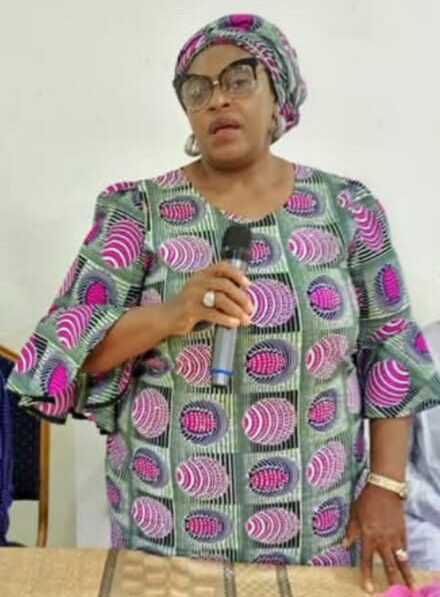
Responding on behalf of participants, Mrs. Asabe Adamu Malami, DPRS Director for Gombe Teachers Service Commission, lauded NIEPA and stressed the importance of collaboration in tackling out-of-school children challenges impacting national development. She expressed the attendees’ expectations that the workshop would yield actionable strategies and foster partnerships to effectively address the out-of-school children crisis in Nigeria. She advised the Federal Government to align with efforts like this conference to help mitigate the crisis and support NIEPA’s initiatives.
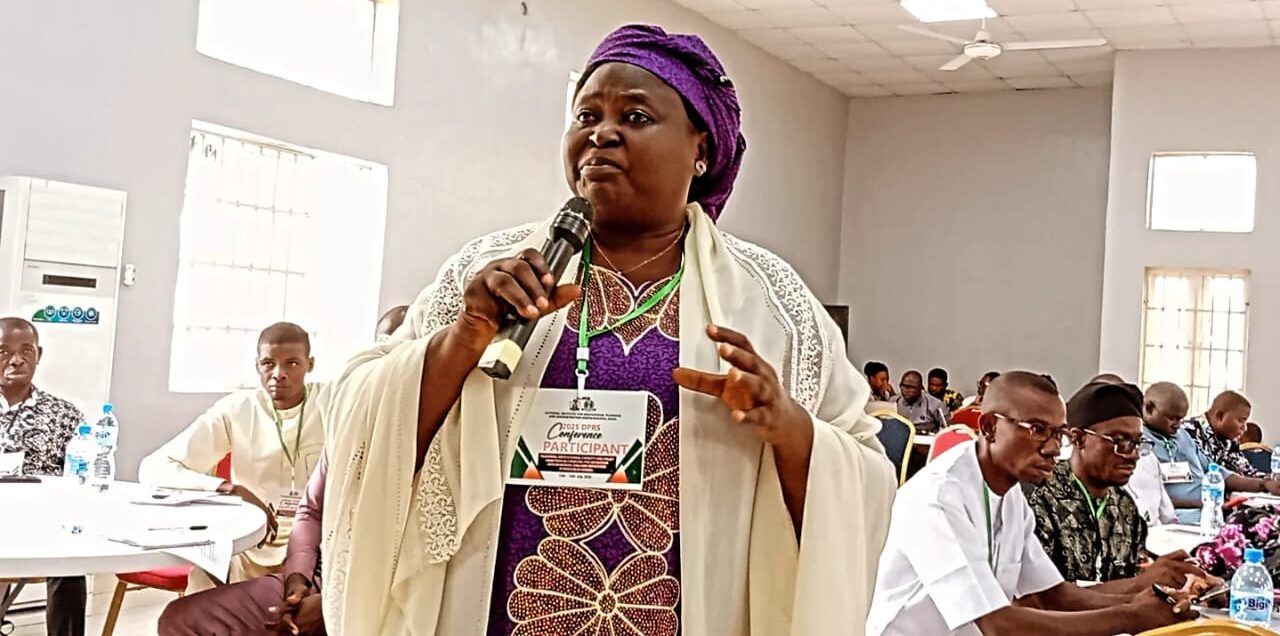
Speaking to newsmen afterwards, the Conference LOC chairman, Dr. Opeyemi Oyekan, revealed that the conference aims to enhance planning and policy direction for mitigating out-of-school children in Nigeria. Dr. Oyekan explained that participants are drawn from 12 states, with the six geopolitical zones fully represented, working towards addressing Nigeria’s pressing out-of-school children crisis affecting national development through initiatives like NESRI.
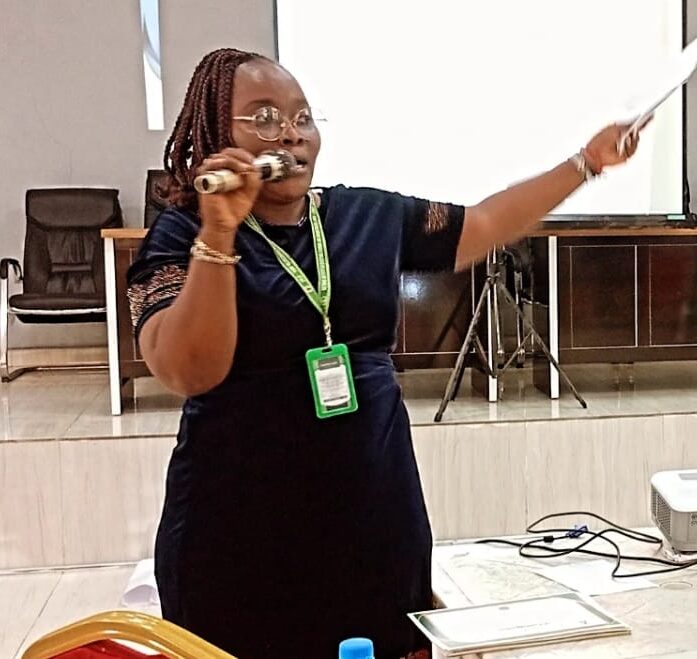
In a communique issued at the conclusion of the conference, attendees highlighted the grave threat posed by Nigeria’s high number of out-of-school children to national development. Citing key issues such as limited access to education in hard-to-reach areas, policy incoherence, insufficient funding, weak stakeholder engagement, and insecurity in schools, the conference called for targeted measures to address these challenges.
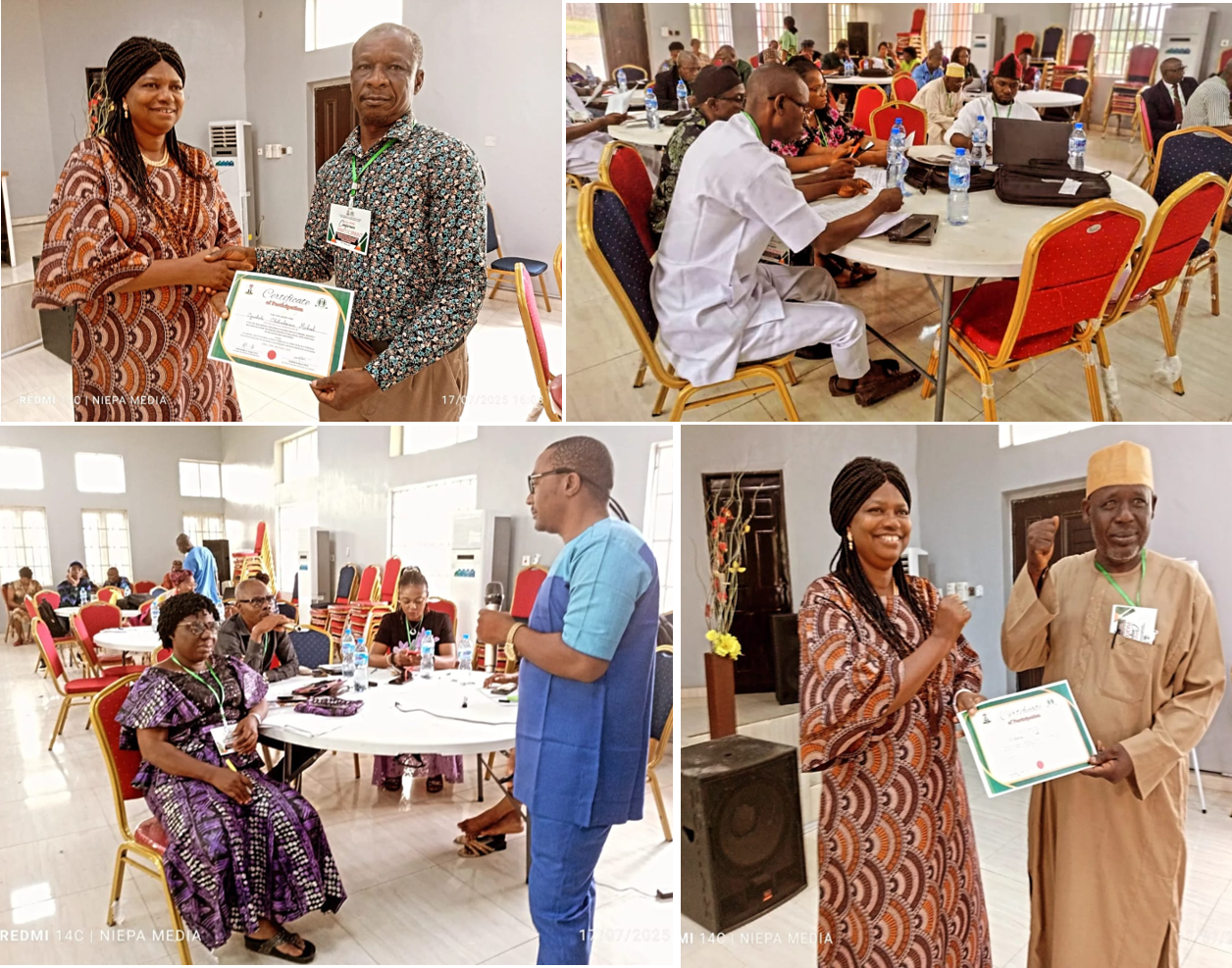
Notably, the conference recommended that NIEPA engage key stakeholders like State Commissioners of Education to bolster policy responses. Moreover, it urged increased funding for basic education with improved policy alignment and coordination, alongside support for initiatives like providing meals in schools and securing rural schools to encourage enrollment.
